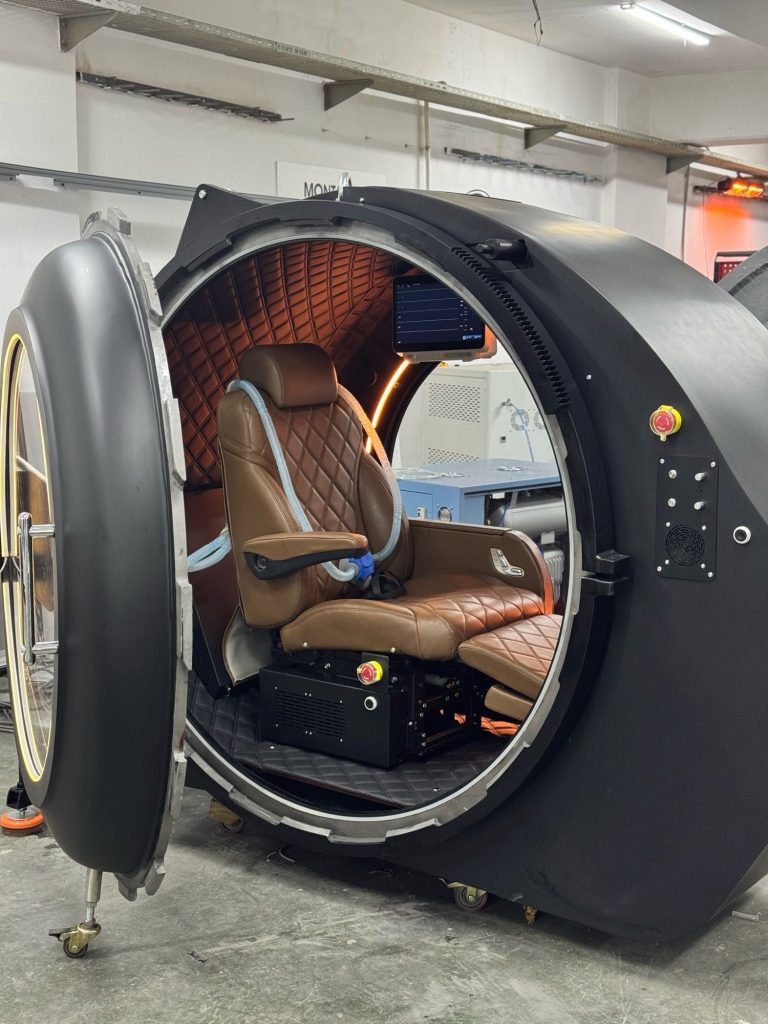Overweighting the American markets has been the default in finance for decades. The growth of the magnificent 7, the “exorbitant privilege” of the American dollar, and the security of the defense umbrella of our alliances bolstered treasuries.
American exceptionalism has been rocked with Liberation Day and the subsequent fallout for many. Nobody in business in or with America slept for two weeks straight.
But for me it’s always traveling abroad that changes how I feel about America’s place in the world. If you’ve been following along with my hyperbaric chamber oxygen therapy saga you may know I was in Istanbul touring a factory.
I happened to have a slight medical emergency when a meiborn gland infection popped up on my eyelid almost overnight. Walking into a hospital and receiving exceptional care in no time at all was mind blowing.
Seeing is believing. I’d heard Turkey’s clinics were the best in the world but now I know it. I cannot wait to come back for a more thorough look at my medical situation.
Being born an American has been the privilege of a lifetime. My passport has shown me the world. And even as I do what I can to help to make Montana the friendliest place to do the business of the future I can’t help but fear America has lost more than a step.
Istanbul feels like a modern city in the vein of Shenzen. Growth and construction is everywhere even as you can visit mosques and hammam from when Constantinople was the crossroad of empires.
